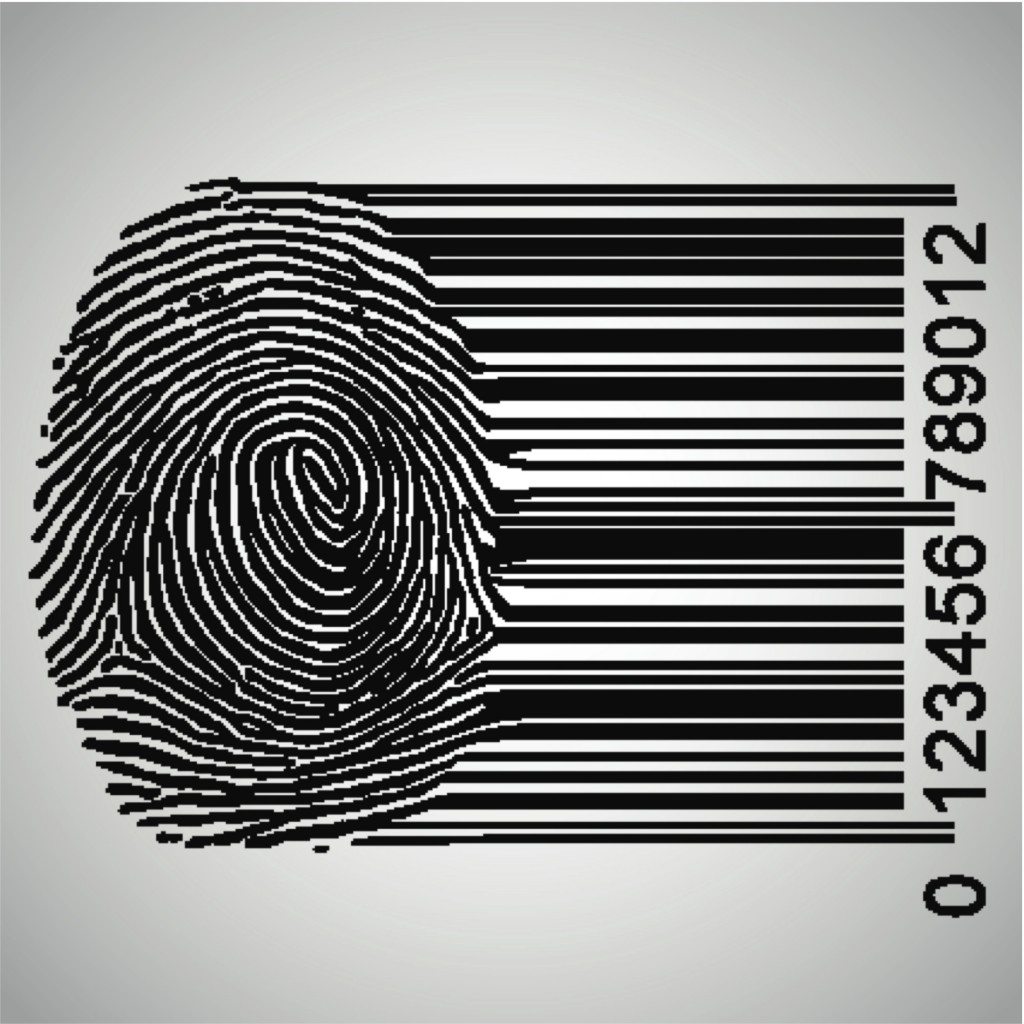 The holidays are here, and the sheer volume of purchases, overworked staff and disorienting crowds offer criminals the perfect scenario for taking advantage of well-meaning consumers. The good news is that you can protect yourself by adopting good shopping habits and simply being aware of certain identity theft tactics that can leave you and your personal data vulnerable.
The holidays are here, and the sheer volume of purchases, overworked staff and disorienting crowds offer criminals the perfect scenario for taking advantage of well-meaning consumers. The good news is that you can protect yourself by adopting good shopping habits and simply being aware of certain identity theft tactics that can leave you and your personal data vulnerable.
The Shoulder Surf
The most common form of identity theft is also the most low tech. It’s also a lot easier to pull off during the busy holiday rush when lines at the store are long and people are in a hurry. Shoulder surfing is when a thief will hover in a crowded location looking for an opportunity to view or record a credit card or pin that’s been let out in the open too long. The technique can also be used in coffee shops to record Amazon passwords or email account information.
Be aware of your surroundings and keep your personal information out of other people’s line of sight. When standing in a long line waiting to make a purchase, keep your credit card and personal identification number hidden and don’t hesitate to ask someone for a little space when entering a pin number at the ATM. Avoid making online purchases in public locations or on an unfamiliar wireless network. You can never be sure just how secure the network is.
The Unencypted Website
Sometimes the search for a good Black Friday deal can take you outside of your normal online shopping boundaries. If you’ve never used a retail website before, take the time to perform a quick search to verify its legitimacy. And don’t let cheap sales tactics like an expiration timer on items in your cart force you to make a purchase you aren’t entirely comfortable with. You don’t want the reason an item is so cheap to be that the retailer has skipped out on encryption. When entering personal data and credit information, make sure you see the small lock at the bottom of the screen. If you see a red circle with a minus sign, look elsewhere. In general all online shoppers should consider protecting themselves with LifeLock, which can assist with fraud detection, alerts and identity restoration.
The Cold Call
The holidays are a great time to make a charitable donation, and identity thieves are more than willing to take care of the goodwill of others. If you receive a call or visit from someone claiming to be with a charitable organization, kindly accept any information they have and then take the time to do some research on your own, especially if you’ve never heard of the organization. You don’t have to assume that everyone who asks for a donation has ill intentions, but there is no harm in making a donation a day later on your own terms. Also, be weary of supposed financial organizations who call to verify your personal information. Most banks and credit card companies have strict policies about asking for your personal information over the phone. Tell the person you will call back on the primary number that you usually use when contacting your bank. If he or she forces the issue, you can be fairly certain you aren’t speaking with customer service.

